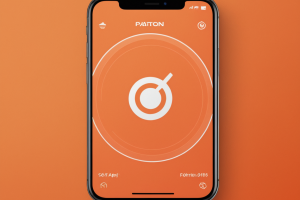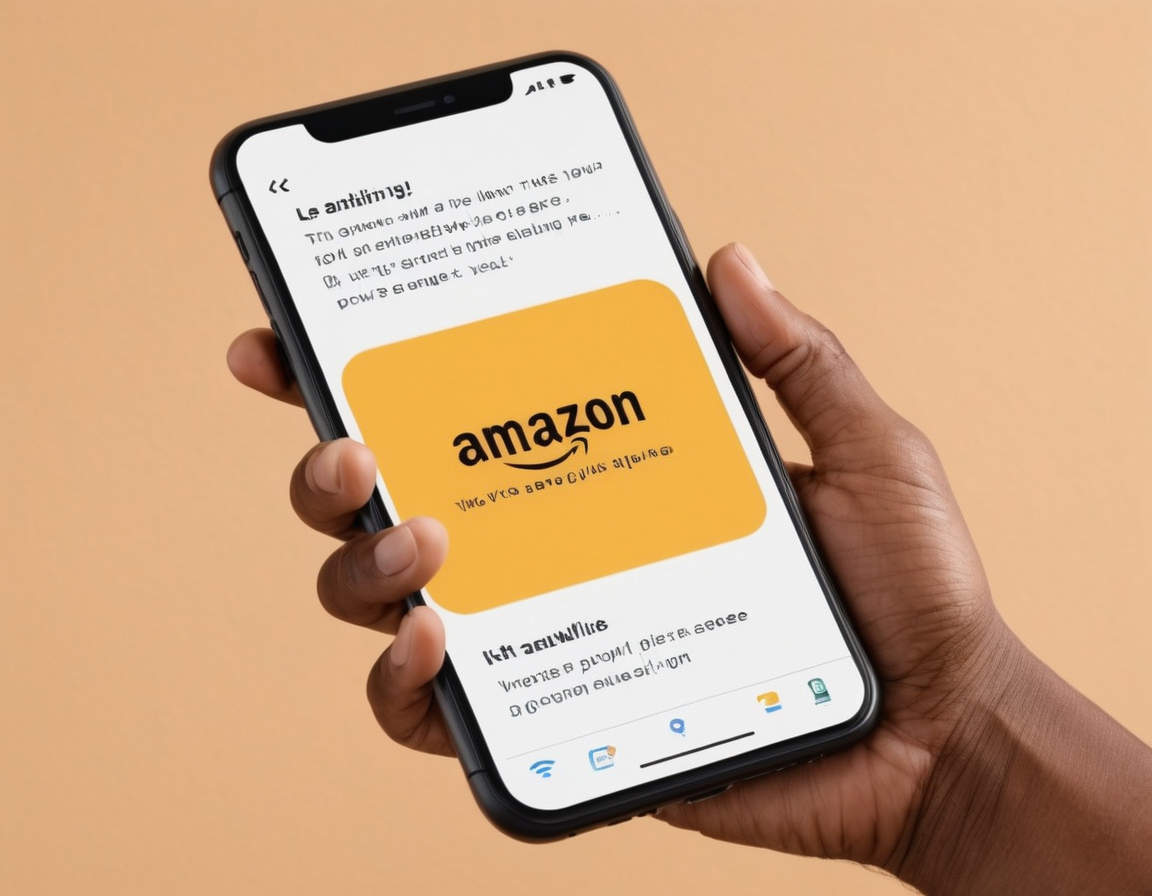Analyzing Amazon’s New Rufus Chatbot: Not Bad, But Could Be Better
Understanding the Context
——————————-
Amazon recently introduced Rufus, a new AI-driven chatbot integrated within the Amazon Shopping app for Android and iOS devices. Early testers, including some members of the TechCrunch team, received access to the chatbot beginning February 1. This article explores various aspects of Rufus, focusing on its functionality, strengths, and weaknesses.
Product Research Capabilities
—————————–
One primary function of Rufus revolves around product research. Users can query Rufus regarding various types of products and receive valuable insights. For instance, asking “What do I consider when buying new headphones?” elicited a detailed response highlighting essential factors like operating systems, camera quality, and display sizes. Similarly, users can request recommendations based on projects, such as “What do I need to detail my car at home?”
Limited Interface & Features
—————————
At present, Rufus boasts a minimalist design, featuring a single input box for user queries. Although conversations cannot be exported or shared, users can choose whether to save or delete their chat histories. Product recommendations span several domains, including electronics, clothing, food, and literature. However, the lack of advanced filtering and customization options limits the scope of Rufus’ capabilities.
Strengths & Weaknesses
———————
While Rufus effectively delivers accurate product recommendations and provides useful tips, it struggles with certain complexities. For example, Rufus occasionally suggests irrelevant items, such as linking a women’s vest to a query about men’s leather jackets. Additionally, Rufus exhibits inconsistent performance when handling nuanced queries, often providing ambiguous or incorrect answers.
Future Improvements
——————
It’s important to note that Rufus remains in beta phase and is currently accessible only to select US customers. Amazon plans to introduce enhancements soon, addressing concerns surrounding data privacy, improved accuracy, and expanded functionalities. Stay tuned for updates on these anticipated improvements.
In conclusion, Amazon’s Rufus chatbot represents a solid foundation for a shopping assistance tool. While it excels in delivering product recommendations and offers practical advice, it falls short in areas requiring greater complexity and nuance. With upcoming improvements, we anticipate Rufus will evolve into a more robust and versatile solution for shoppers.













